A few months ago, I joined Manchester Parent Carer Forum as a parent representative for what I thought is an innovative and very worthwhile movement for inclusive practices for ALL CHILDREN, particularly those with Special Educational Needs and/or Disabilities (SEND), in the Early Years. This is my story.
Our journey so far…
Back in early 2018, I started noticing that my then 16-month-old was having some difficulties communicating with us and was getting very frustrated. The few words and gestures (Hi, Bye, waving) they once did have seemed to disappear overnight. My once happy, playful, giggly baby became the total opposite.
They wouldn’t sleep, eat, play, or even dress without a struggle and was in what seemed like a constant state of dysregulation.
Over the following months, life became more and more of a challenge. I was working in a very demanding job, trying to support other children and families, whilst my own was falling apart. I would speak to my boss often about my struggles at home and was met with comments like “oh they’re still only young” or “it’s just a phase… they’re reaching the terrible two’s.”
I felt so alone! My mental health was declining; no one seemed to understand what I was going through. Even my partner and wider family members couldn’t see the struggles I saw. They would say things like “X…didn’t talk until they were 5/6, don’t worry they will get there in their own time,” “every child develops at their own pace.”
I felt so much guilt… if only I had not gone back to work so soon. I’ve deprived my child of my love and care and now they are not reaching developmental milestones and are so unhappy.
At one point I was on the verge of a nervous breakdown, and I needed to speak to someone professional about my concerns.
I called our health visitor, and we had a visit shortly after. We were referred to the Speech and Language service and we had our first appointment with them a couple of months later. It was at this appointment that autism was first discussed with a professional, and my child was referred to the Social Communication Pathway for an autism assessment.
I felt elated! Finally! Someone can see what I see, it’s not all in my head and now we will all get some help and support… little did I know that this was just the start of our many battles!
If you’re still reading… I’m sure most of you know what’s coming next…
It would take almost another two years from initial referral to diagnosis.
Shortly after our appointment with Speech and Language, I decided to hand my notice in at work. The pressure was just too much, and I couldn’t maintain any kind of work/home-life balance.
It was a huge blow to our finances, but I decided that nothing is worth risking your mental health!
Right, ok, so now I’m focused on my child, I’ll do anything it takes to help them thrive! However, that momentum was short lived when I realised I actually don’t know what to do to support them. I mean, I’ve been on autism training before in my employment but that didn’t really prepare me for the lived experience!
I started off taking them to every stay and play session I could get to. Every day of our week was filled with something or somewhere to go. My thinking was, the more social experiences I can give them, the better!
What I wasn’t prepared for was the disapproving looks and judgment I felt from other parents and professionals when my child was screaming and hitting me in the queue, or when the session was ending and they didn’t want to leave. People made the same comments I had already been getting throughout this journey – “they’re still young yet” and, actually a new one to me, “they are too social to be autistic.”
There were many times I would sit in my car crying after a session… I felt like the worst parent in the world.
We were lucky to be referred to RHOSEY (Rodney House Outreach Service for the Early Years) around this time. We completed a social communication course with them and, honestly, learning how to communicate in different ways with our child was a game changer for our family. (Remember this, as I’ll come back to this later.)
When my child was around three, I was advised to get them a nursery place as this will help their development. I already felt like a failure so surely the ‘professionals’ would know what to do, right?
Well, as soon as I told the nursery they were on the pathway for an autism assessment, I was told they only had availability for two one-hour sessions a week! Really?!?!?! I don’t recall that being said when I initially called about a place.
Anyway, we went ahead in the hope this would be the best thing for our child… sadly this turned out to be our first experience of exclusion and downright direct discrimination. There were many discriminatory practices that happened there; too many for me to go into detail about right now… but one that particularly stands out was the nursery Christmas party.
Over the Christmas period, I had seen the posters, the emails, the messages about the upcoming party and was looking forward to putting my little one in a lovely festive outfit with cute little shoes and hat (even if it would be two minutes before they got pulled off again).
A few days before the party, at pick up time, I was asked by the nursery manager to please come inside and have a look at the upstairs space, where the party would be held. I went up thinking, “I’m sure it will look lovely but ok.” Once upstairs I was met with “this is the space we use to hold our parties… as you can see there is a short gate here and a fire exit at the other end of the room. We don’t feel your child will be safe in this environment, so its best they don’t attend.”
I was absolutely gobsmacked! I couldn’t take it in initially… what had just happened here? But I knew one thing for sure… if you think you can’t keep my child safe then I won’t be leaving them here again!
I was so angry but, more than anything, I so upset for my child!
I took them out of the nursery altogether. They were due to start at the local school nursery shortly anyway.
Two months before the start of school nursery, my child received an autism diagnosis. Finally, everything is falling into place and, with the right help, they will now get the support they need to reach their full potential.
I sent all the paperwork off to the school and we even had a meeting prior to the start date in September. We discussed the transition plan. All the children starting nursery had a transition plan, the plan being to start on an hour a day and build up to full time over the following two weeks.
That first morning, I met with all the other parents and carers in the playground… all of us happy but also nervous sending our kids off on the start of their school journeys.
However, it soon became apparent to me that every other parent and carer I had spoken with that morning had a two-week end date on their child’s transition plans; ours just had one hour a day, full stop!
Oh no, here we go again!
It took almost a full school year to get my child a full-time place at school. Over that course of time, we had many meetings, a few cross words and ultimately an EHCP (Education, Health and Care Plan)… but we got there! And I am happy to say my child is happy, thriving and, most importantly, INCLUDED!
If you’ve made it this far, don’t stop now… here comes the good part!
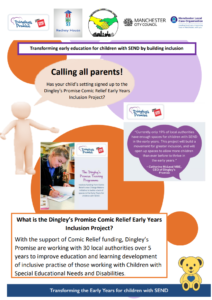 Towards the end of last year, I was scrolling through Facebook one night and came across a post by Manchester Parent Carer Forum. The post was about getting involved with a new project to promote the inclusion of children with Special Educational Needs and/or Disabilities (SEND) in Early Years settings – it was called the Dingley’s Promise Early Years Inclusion Programme.
Towards the end of last year, I was scrolling through Facebook one night and came across a post by Manchester Parent Carer Forum. The post was about getting involved with a new project to promote the inclusion of children with Special Educational Needs and/or Disabilities (SEND) in Early Years settings – it was called the Dingley’s Promise Early Years Inclusion Programme.
Established by parents of children with SEND in 1983, Dingley’s Promise have worked tirelessly to improve the experiences of children with SEND and their families. In more recent years, the focus has been more specifically in the Early Years, their mission being, “to deliver life changing support to under 5s with special educational needs & disabilities, and their families.”
You may be thinking, why is the focus specifically on children with SEND in the Early Years?
Well, currently only 19% of all local authorities have enough places available for children with SEND in the Early Years. In addition to this, there are studies that conclude that the earlier the support, the better for the child’s and families future outcomes.
Now, think back to what I told you earlier on about our experiences in learning different ways to communicate with our child. We were so lucky to have been referred to RHOSEY when we were. I strongly believe that this, along with support later from Speech and Language and CAMHS, has been instrumental in my child’s development. Using real world pictures to do Now and Next boards, emotion boards, daily planners, routine planners and more, not only helped them to feel less frustrated but also enabled them autonomy and choice. These pictures were their voice to tell us what they wanted and how they felt! Periods of dysregulation became less and definitely more manageable.
Shortly before their 5th birthday, they one day started to talk and in full sentences too! However, we still do use pictures in our communication as these visual queues really help them to process information and support them to manage their own emotional regulation.
They really are the happiest little person you could ever meet!
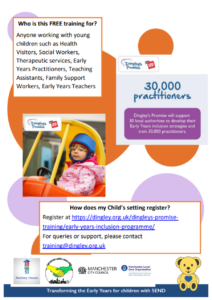 Dingley’s Promise have developed and are offering participating local authorities free access to their training package – worth an estimated 5 million pounds for each local authority, I must add! An individual cost of £600 per participant.
Dingley’s Promise have developed and are offering participating local authorities free access to their training package – worth an estimated 5 million pounds for each local authority, I must add! An individual cost of £600 per participant.
The training is aimed at all people working in Early Years settings – from health professionals to childminders, nurseries, schools, and more.
There are currently four training packs available, with a further six being developed over the next three years. The training packages are available online once you have signed up.
Since its official roll out in Manchester in March this year, almost 400 individuals have now signed up and started working through the online training packages. And I am happy to share that my little one’s school has now signed up too!
I have completed the first module of the training myself and can honestly say it is AMAZING! In fact, I would even recommend it to any parent or caregivers who find themselves in a similar position to what our family was at the start of our journey.
There are lots of resources, videos, webinars, worksheets, and strategies for supporting children with SEND within the package that I know from our experience will be extremely useful to you all!
I’m really looking forward to taking on the next module and learning more and new ways to continue on our journey in the best way possible.
Thank you for taking the time to read our story. I hope you can find some solace and solidarity in our experiences. You are not alone!
I just want to add… This project is more than a training module or intervention; it is a movement. A movement to change the way our children are viewed and, ultimately, for them to be included in becoming full participants in our society… A movement for greater inclusion and a movement I am certainly proud to be a part of!
Now start spreading the word… tell everyone you know about Dingley’s Promise. Ask your kids’ childminders, nurseries, schools, and health professionals if they have signed up!
Play your part in promoting Inclusion for our kids!
Be part of something special… be part of the movement!
You can register your interest here: https://dingley.org.uk/dingleys-promise-training/early-years-inclusion-programme/

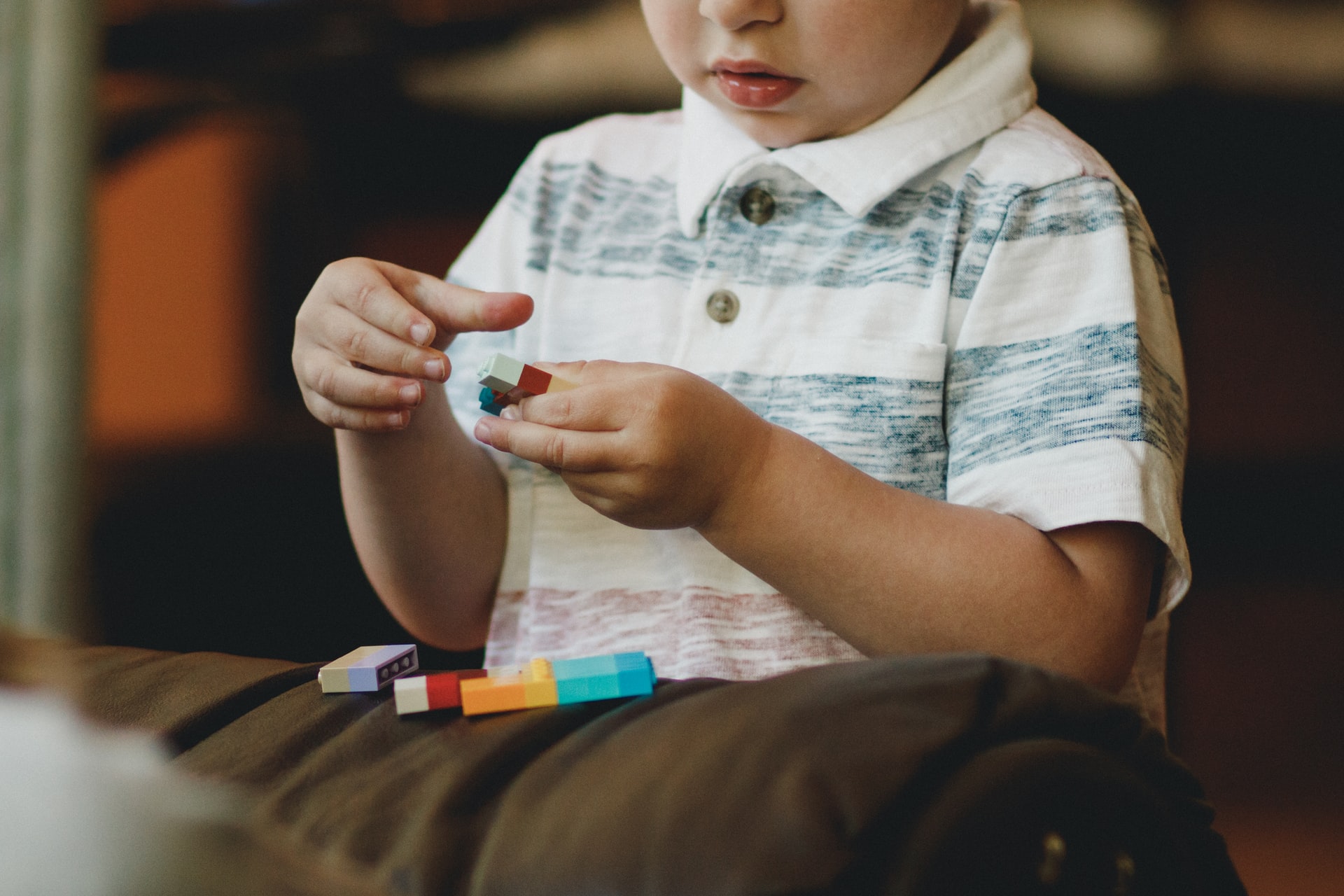



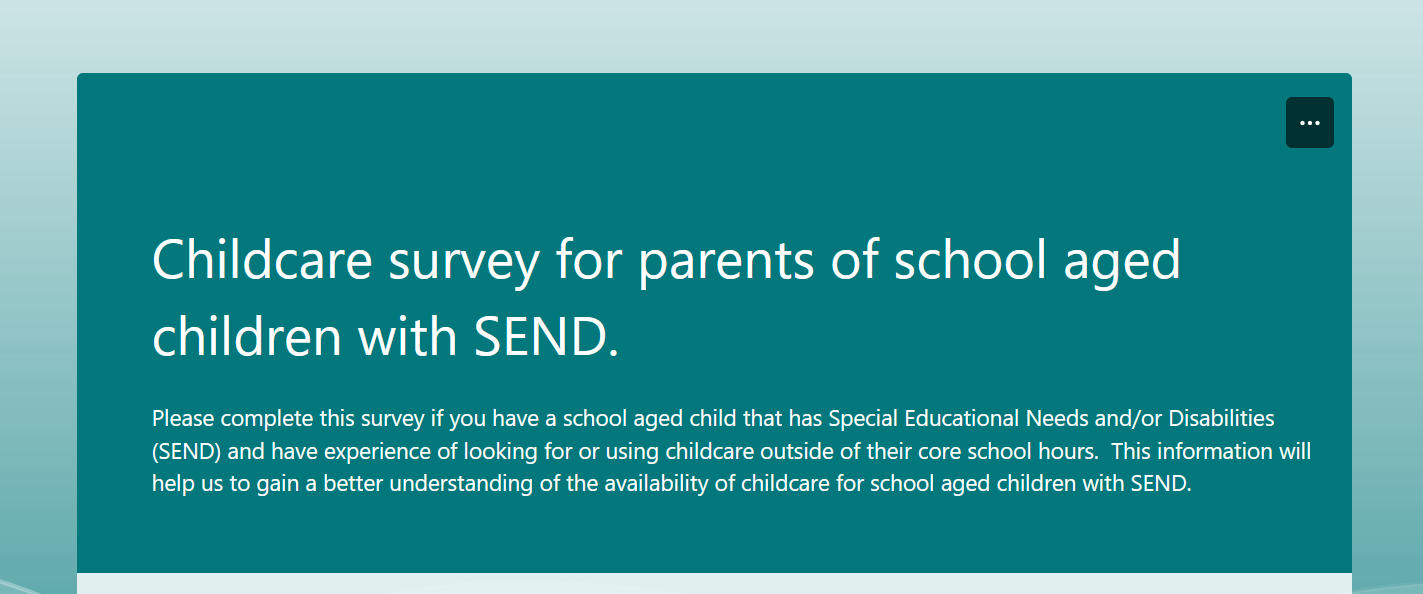
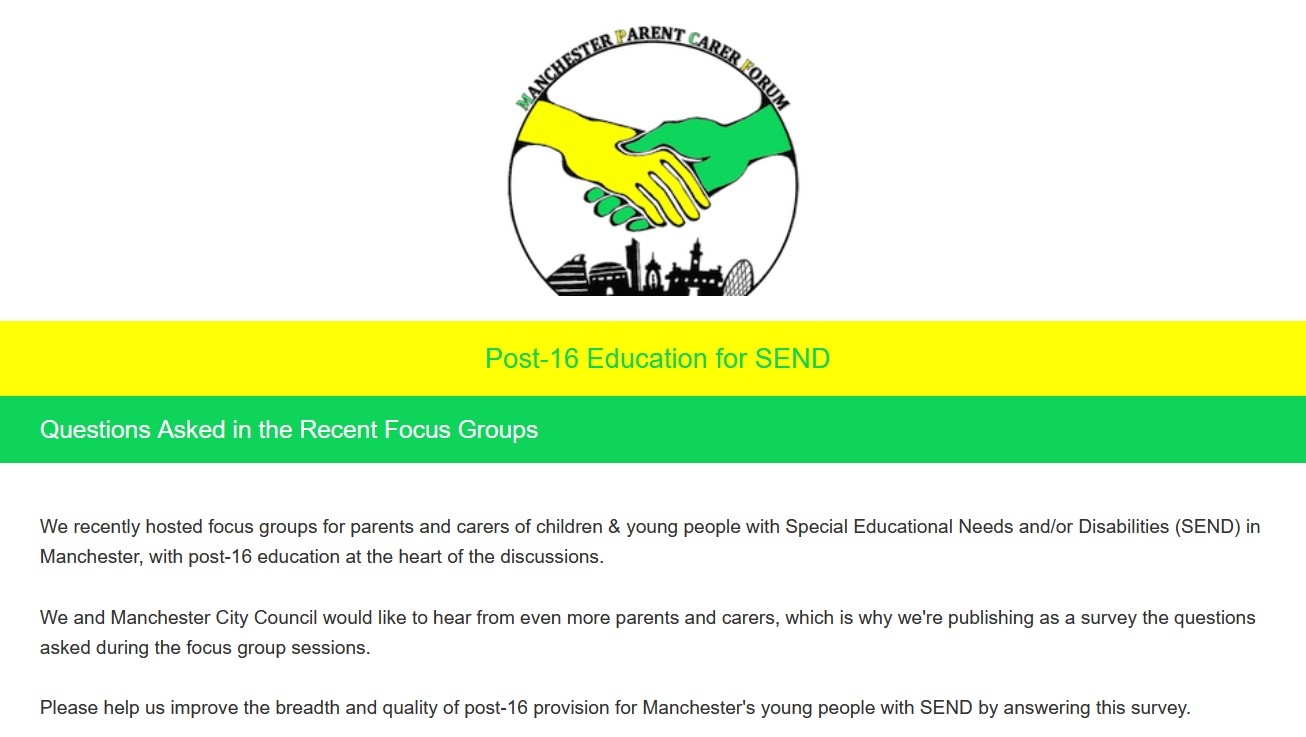
Leave A Comment